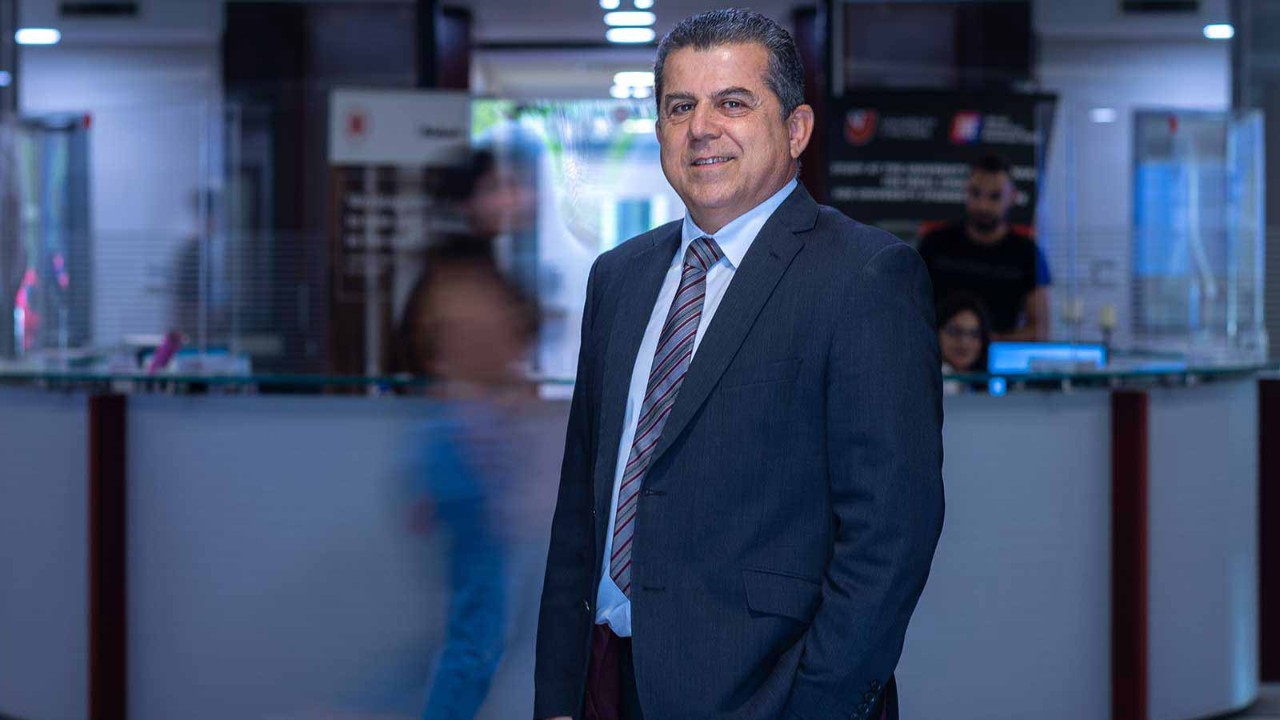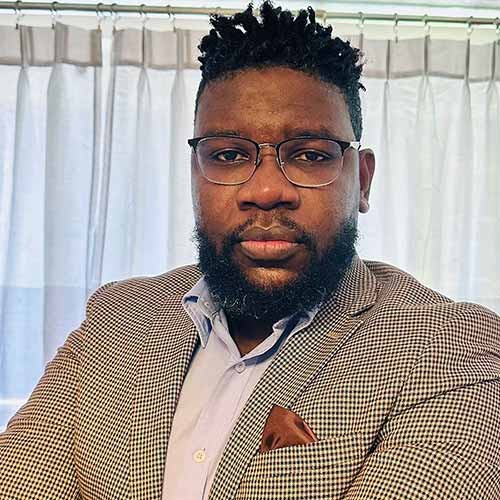
After three decades training accountants, Cyprus-based Odysseas Christodoulou FCCA has seen change come and go: consolidation of the industry, a change in objectives, online learning and the rise of the big ‘edtech’ companies. But with artificial intelligence (AI), the newest technology to enter the public realm, training may undergo its most radical change yet, transforming the time it takes for someone to go from budding accountant to fully fledged practitioner.
It’s difficult to predict with any certainty, but Christodoulou believes we may be on the cusp of an evolution that transforms training times. ‘I believe people will spend less time in training and education, which itself will be supplemented by AI in a way that means there will be no need to spend so much time studying for an accounting qualification,’ he says.
‘Education will become more efficient – AI will support the process of learning throughout our studies.’
‘I believe things will change really fast’
That said, Christodoulou is still reticent about offering his thoughts. After all, as he points out, ‘it’s just the beginning of AI’ in the accounting profession, though there are already ‘bots’ around undertaking mundane tasks. But after a long career providing skills and knowledge to accountants across several different countries, and having witnessed key developments over that time, it’s safe to say some faith can be placed in Christodoulou’s crystal ball-gazing.
‘I believe things will change really fast,’ he adds.
Competing globally
Christodoulou qualified with ACCA in 1989 and trained as an accountant with Coopers & Lybrand. Four years later he became a member of the Institute of Certified Public Accountants of Cyprus where he now serves on the Council as vice president. He also has a qualification in banking and is a CMA with the Institute of Management Accountants. He has served as the Cyprus representative to ACCA’s International Assembly, as a non-executive for Ancoria Bank and Laiki Financial Services, and is currently a Council member of the University of Nicosia. He lectured on cost and management accounting, finance and performance measurement for ACCA and other professional qualifications for almost 20 years.
‘Online delivery has put us in a very competitive marketplace’

But it was in 1991 that he co-founded Accountancy Tutors (Cyprus), a training company. In 1993 the firm went through a merger and then rebranding to become Globaltraining. Since 2012 he has been chief executive, which means this year marks 32 years for Christodoulou with the business and 12 years as CEO.
Globaltraining started as a Cyprus organisation, but now serves trainees in Greece and Romania, in-person and online. Trainees from as far afield as Mauritius are accessing Globaltraining’s courses, which cover everything from ACCA to tax, internal audit, compliance, banking and project management.
‘Online delivery,’ says Christodoulou, ‘has put us in a very competitive marketplace, giving us the opportunity to attract students from the rest of the world. However, we find ourselves in competition with tuition providers from all over the world.’
The move to online, or hybrid, training has been around for some time, but the pandemic turbo-charged the switch and the growth in the online training sector. Currently, the edtech market is forecast to be worth US$288bn by 2031, according to Future Market Insights. At the end of last year, McKinsey, a consultancy, estimated there are ‘dozens’ of edtech unicorns (startups) worth US$1bn, serving educational needs across a vast range of sectors.
And according to an ACCA report, Edtech: supercharging careers in accountancy, there has been a huge shift in accountancy training provision to online or blended education.
Strategic learning
That places Globaltraining in a challenging market, but one where there are clearly opportunities given the demand for accountants.
‘For smaller providers like us it constitutes a big threat,’ says Christodoulou of the rise of edtech giants. ‘We are joining forces with other providers to adapt to technological change so we can cope with this kind of competition.’
‘To compete, the accountant of the future needs a much broader skillset’
Close strategic relationships with organisations such as ACCA are also key, not least because it enables Globaltraining to offer a global qualification with local flavour.
The company has been part of other major changes. Whether AI and virtual reality are in the mix or not, trainers and professional bodies alike have given up on emphasising the ‘number-crunching’ element in accountancy in favour of instilling ‘critical thinking’. Christodoulou says this began to take place about 20 years ago, but has accelerated in the past 10 years.
‘To be able to compete, the accountant of the future should have a much broader skillset – strong analytical and technology skills. The role will be more and more advisory, providing strategic guidance rather than the number-crunching role of the past.’
A reduction in the time to train could even make the profession more attractive, a bonus in the current climate where there are worries the profession is failing to attract enough newcomers.
Pulling power
But he takes a more strategic view on how to bring people into the accountancy fold. ‘We need to emphasise the dynamic nature of accountancy. We need to explain to potential trainees that it is a business qualification, along with the potential for career growth, and the diverse opportunities it offers beyond the traditional accounting roles that students usually have in mind. This new dynamic will be enhanced by AI.’
Christodoulou accepts there is some risk to jobs from AI but says it may be mitigated if the accountancy workforce remains ‘adaptable’.
‘I’m optimistic for the accounting profession’
It’s also worth noting that employers and business people want accountants. ‘They want us to be professional, they want accountants to be transparent. And they believe accountants have a great responsibility to be ethical, and to protect the interests of society and shareholders.’
Christodoulou himself remains upbeat about the prospects for accountants. He says: ‘I’m optimistic for the accounting profession. Accountants have an important role to play in the economy. They are always among the leaders of the business world. But we need to do more to attract young people and help them understand the importance of our profession.’




